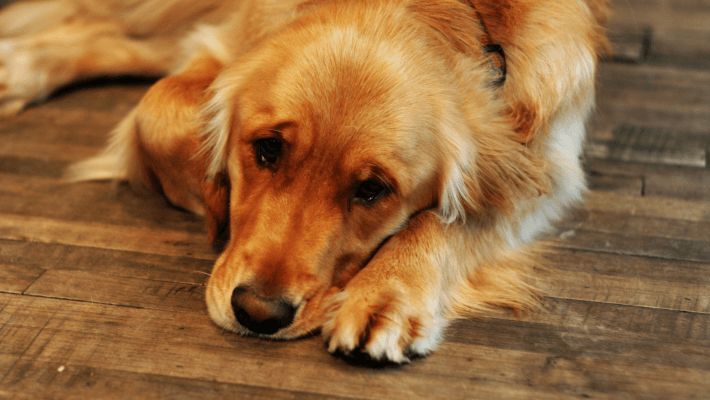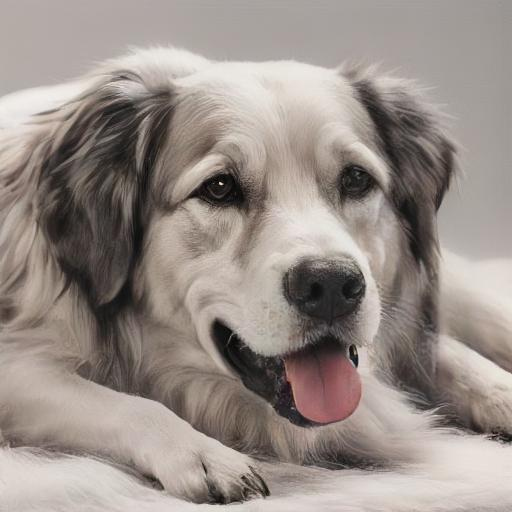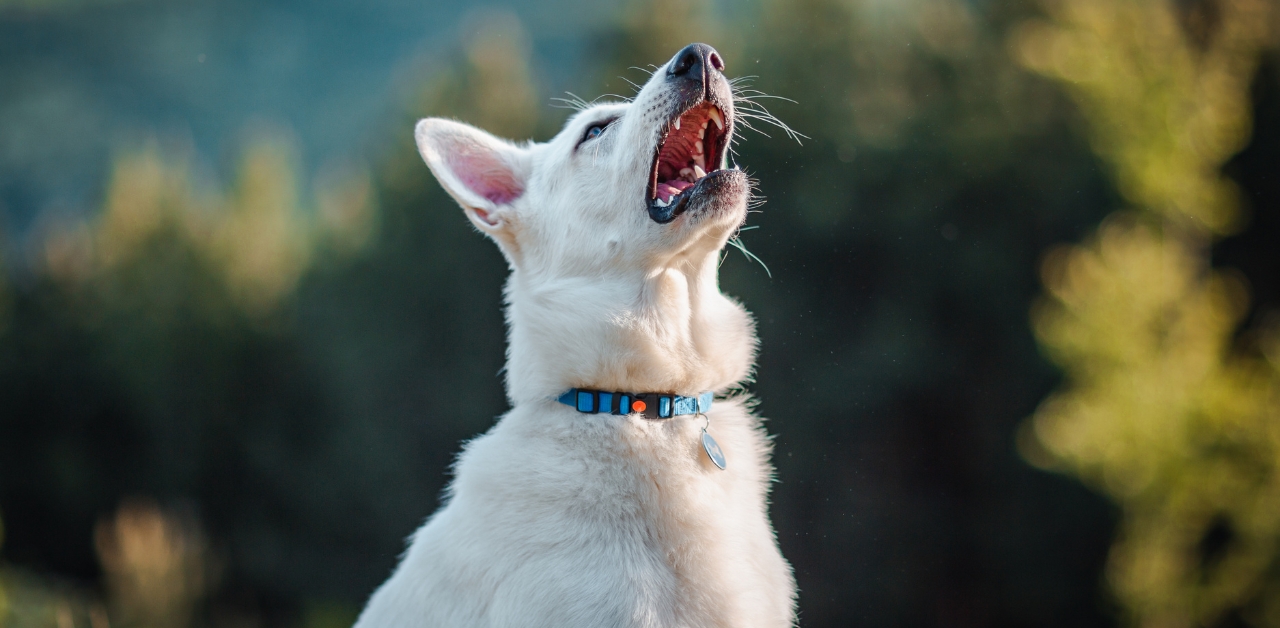Diarrhea is an uncomfortable condition for both humans and pets. It’s caused by bacteria that enter the body through the digestive tract.
Diarrhea is characterized by more frequent or watery stools than normal. Diarrhea is a symptom of many different diseases rather than a disease itself. Diarrhea caused by Mild intestinal distress, such as when your dog eats a little bit of something that doesn’t agree with them, like table scraps or a new flavor or brand of dog food, is a common cause of diarrhea. Diseases like organ failure or cancer can cause diarrhea, which can be fatal if left untreated. Untreated diarrhea, even if caused by a relatively minor illness, can become life-threatening if treatment is delayed.
Sign of Diarrhea
Even though it may seem obvious, diarrhea in dogs isn’t just marked by diarrhea or watery poop. The two most common “types” of this condition are slight and significant bowel diarrhea (e.g., colon). Diarrhea can look different depending on where the problem comes from in the body. But most of the time, the care is very consistent. These shared symptoms often happen at the same time as diarrhea:
Normal diarrhea that you can treat at home
For Normal Diarrhea, the following conditions must be met:
- Your dog is up to date on all vaccinations (including parvovirus and distemper vaccines);
- Your dog is a healthy young adult
- Your dog does not suffer from any chronic diseases or conditions
- Your dog is acting normally
- No vomiting
- Normal appetite
Emergency Diarrhea signs
- Inappetance to complete loss of appetite
- Drooling secondary to nausea
- Vomiting
- Dry heaving or retching
- Acute diarrhea, ranging from pipe stream watery to pudding, soft stool consistency
- Voluminous amounts of stool (small bowel) versus small, mucousy, bloody spotting (large bowel)
- Increased urgency to go outside or increase in the frequency of bowel movements (large bowel)
- Painful abdomen
- Weakness/lethargy
- Dehydration
- Weight loss (with chronic diarrhea)
- Fever or hypothermia

Color of Dog’s Diarrhea
What your pet eats will most likely affect the color of its feces. When you eat foods that are lighter in color, your stool will also be more lightweight. It’s essential to bring up a few hues when consulting with your vet.
Yellow Diarrhea
Most cases of yellow diarrhea in Dogs occur after their owners switch them to a bland diet, like chicken and rice.Due to the interaction of the chicken and rice’s white color with the bile’s yellow color, the resulting stool will be a bright shade of yellow.
Bloody Diarrhea
Hematochezia, or bloody diarrhea, is brought on by diarrhea or colitis of the large intestine. That happens when tiny blood vessels in the colon burst and bleed a little bit into the feces.
However, if the blood content of the stool is high, you should take your pet to the vet immediately.
Black Diarrhea
Melena, also known as black diarrhea, occurs when the digestive system processes blood before elimination. This stool is black or green and resembles a brand-new infant’s feces. Melena is often a symptom of foreign bodies or bleeding ulcers.
What Can Cause Diarrhea in Dogs
The most common health issue in dogs is diarrhea. In fact, according to the AVMA, it affects nearly half of all dogs at some point during their lives. While there are many causes of diarrhea, the most common ones include eating too much grass, drinking too much water, and consuming spoiled foods. Following diseases can cause diarrhea in dogs.
- Allergies
- Bacterial infections (Clostridium overgrowth)
- Colitis (inflammation of the colon)
- Dietary indiscretion
- Food intolerance
- Foreign objects stuck in the stomach or intestines (called foreign body obstruction)
- Gastrointestinal tract disease (inflammatory bowel disease, EPI, pancreatitis, etc.)
- Gastrointestinal obstructions (gastric dilatation volvulus, intussusception, mesenteric torsion, etc.)
- Intestinal parasites (roundworms, hookworms, whipworms, etc.)
- Metabolic problems (kidney problems, liver disease, etc.)
- Poisonous substances
- Swallowing an indigestible foreign body, like a toy
- Sudden changes in your dog’s diet
- Virus infections (parvovirus, coronavirus, etc.)
Less common causes of diarrhea:
- Boxer colitis (often called histiocytic ulcerative colitis)
- Cancer
- Fungal infections within the digestive tract
- Hemorrhagic Diarrhea (bloody poop)
- Medication-related (antibiotics effect)
How Long Can Diarrhea Last in Dogs?
There’s no set rule about how long it should last. If your dog has watery diarrhea, it will usually go away within 24 hours. However, if your dog has bloody diarrhea, it could take up to three days to clear up.
The length of time your dog has diarrhea depends on several factors, such as the type of diarrhea (watery vs. blood), the amount of fluid lost, and whether or not your dog is dehydrated. You may need to monitor your dog’s stool output over several days.
According to the American Veterinary Medical Association, the average length of canine diarrhea is between two and four days. However, there are exceptions. Some puppies develop diarrhea after eating something new, while others get diarrhea from drinking water contaminated with feces. In addition, some breeds are prone to diarrhea due to genetic factors. For example, German Shepherds tend to suffer from chronic diarrhea due to a defect in their intestinal tract.
How Long Can Diarrhea Last in Puppies?
The average time it takes for diarrhea to clear up varies by breed. Most puppies will recover within 24 hours, while adult dogs usually take longer. Contact your veterinarian immediately if your dog has had diarrhea for over three days.
It’s normal for puppies to have loose stools when they first start eating solid food. That’s because their digestive system has yet to develop fully. As they mature, however, their stools should become firmer.
How to treat Diarrhea
Don’t worry too much if your dog has diarrhea for more than one day. While if diarrhea continues for over three days, contact your veterinarian immediately. You can also try giving your dog some Pedialyte (a liquid electrolyte replacement) to help replace lost fluids. The clinical signs, or how sick your dog is, will determine the course of treatment. The good news is that diarrhea usually resolves on its own. You can treat diarrhea in dogs by following the tips given below:
- A fat-free, high-fiber diet, like boiled chicken and white rice made at home
- Analgesics
- An antibiotic to restore healthy flora to the gut
- A probiotic endorsed by the veterinary community.
- Coating the stomach with home remedies (Pepto Bismol, Pepcid AC).
- Fasting your dog for 12 to 24 hours may help him recover from loose or watery stools.
- Insecticides and worm killers (just in case parasites are present)
- Keeping the dog hydrated is a top priority in treating diarrhea because it is a leading cause of dehydration.
- Medication to prevent sickness (maropitant, ondansetron, etc.)
- Probiotics, peeled boiled potatoes, cottage cheese, egg without added oil, specially formulated dog foods, and medications prescribed by your vet may also help soothe your dog’s upset stomach.
- Raise Fiber Intake at Home (adding more pumpkin or Metamucil into the food)
- Stomach-coating antacids
- prokinetic drugs like metoclopramide can help get the bowels moving again
- Subcutaneous fluids aid hydration; intravenous fluids are recommended to hydrate better if more severe symptoms are present.
- Your dog may feel better after eating a bland diet for two days.
Prevention
Preventative care is the simplest way to avoid needing to see a veterinarian to treat diarrhea. To prevent parasites, ensure your dog receives monthly heartworm, flea, and tick preventatives and that your pet is up to date on vaccinations. Make sure to keep your puppy or kitten away from public areas like dog parks until they have received the full course of vaccinations if you have a young puppy or kitten.
Please keep your pet away from table scraps, socks, plastic toys, pacifiers, garbage, and anything else that could poison your dog or cause it to ingest a foreign body. When switching diets, be sure to do so gradually over a few days to a few weeks to give the digestive system time to adjust to the new diet. If in doubt, ask your vet for additional advice on how to keep your pet safe.










